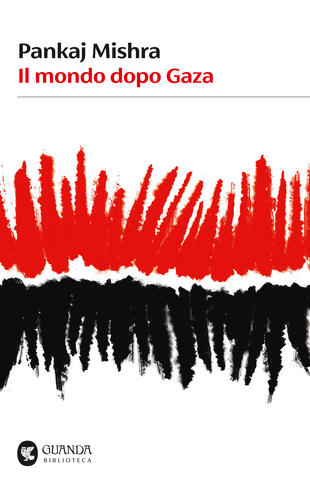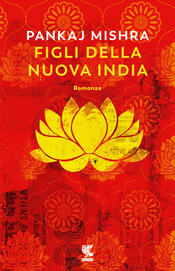Il mondo dopo Gaza
-
Tradotto da: Lo Porto Tiziana
- Leggi le prime pagine
Tutti i formati dell'opera
Acquistalo
Sinossi
«Com’è possibile che Israele, un paese costruito per ospitare un popolo perseguitato e senza patria, sia giunto a esercitare un potere di vita e di morte così terribile su un’altra popolazione di rifugiati?»
Lo scrittore indiano Pankaj Mishra analizza la nascita e lo sviluppo dello Stato di Israele, e il ruolo che la memoria della Shoah ha avuto nell’immaginario dal dopoguerra in poi. Dopo gli attacchi di Hamas del 7 ottobre 2023 e il conflitto in Medio Oriente che ne è derivato, Mishra riconsidera le due letture concorrenti del secolo scorso: se da un lato si è celebrato il trionfo dell’Occidente sui totalitarismi, lo stesso rilievo non è stato attribuito alle lotte per l’indipendenza dei paesi del Sud del mondo.
Mentre le vecchie pietre di paragone si sgretolano, è di fondamentale importanza rispondere alle domande nate dalla crisi attuale: perché alcune vite sembrano contare più di altre? La narrazione di sofferenza scaturita dalla Shoah impedisce di riconoscere gli stigmi del colonialismo nella vicenda del popolo palestinese?
Molto è accaduto nel mondo negli ultimi anni: guerre, catastrofi naturali, crisi finanziarie, terremoti politici. Eppure niente sembra paragonabile a Gaza: niente suscita in noi uno sgomento e un senso di impotenza così insopportabili. Ecco perché esisterà un prima e un dopo Gaza, e la reazione a questa tragedia sarà per una generazione che non ha visto né vissuto gli sconvolgimenti del Novecento la base per costruire una nuova coscienza politica.
- ISBN: 8823535387
- Casa Editrice: Guanda
- Pagine: 320
- Data di uscita: 11-02-2025





